Muti’s 1st performance of an American symphony?
mainHis performance of William Schuman’s 9th this week was certainly his first US symphony since becoming music director in Chicago almost a decade ago.
Has he ever conducted another?
The Schuman symphony is a tribute to 355 Italians slaughtered by the Germans in the Ardeatine Caves in 1944.
Read Larry Johnson’s review here.
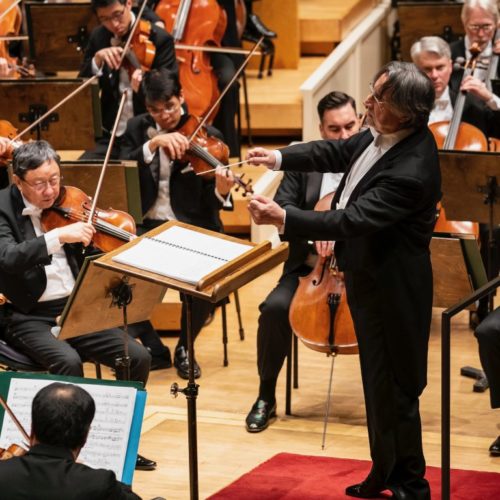
Photo: Todd Rosenberg
UPDATE: The Chicao archivist confirms it’s his first US symphony in that city. Readers in Philadelphia recall him doing Copland’s third – by far the most exposed US symphony – and one by Persichetti, whose idiom was distinctly Italian.

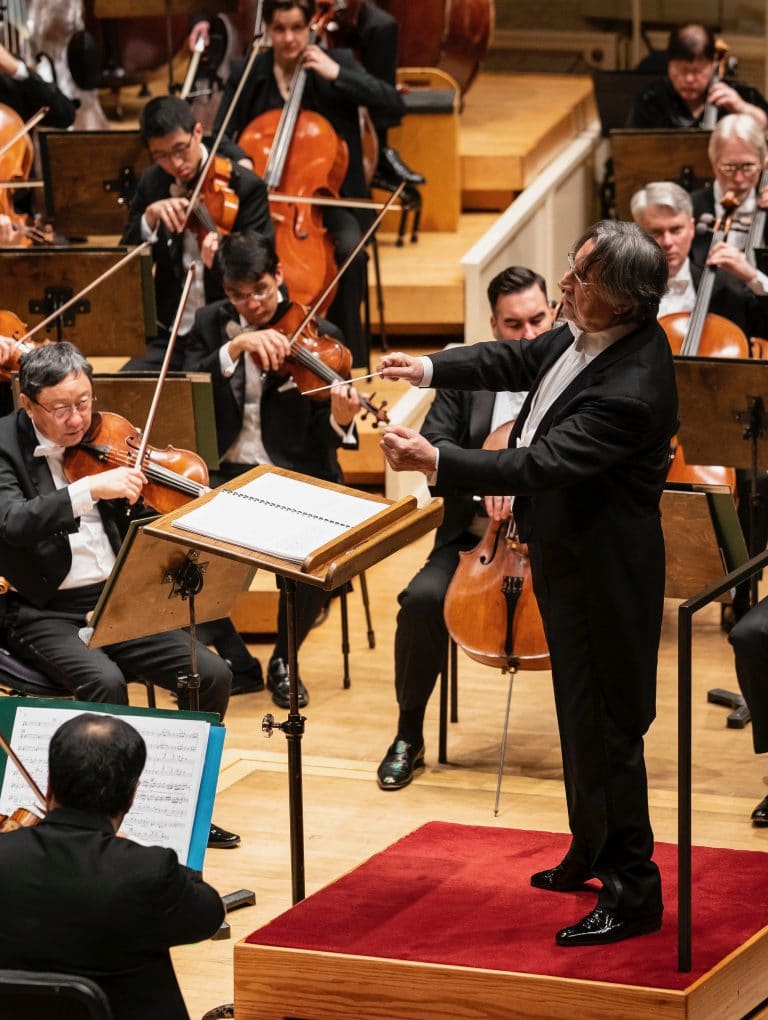
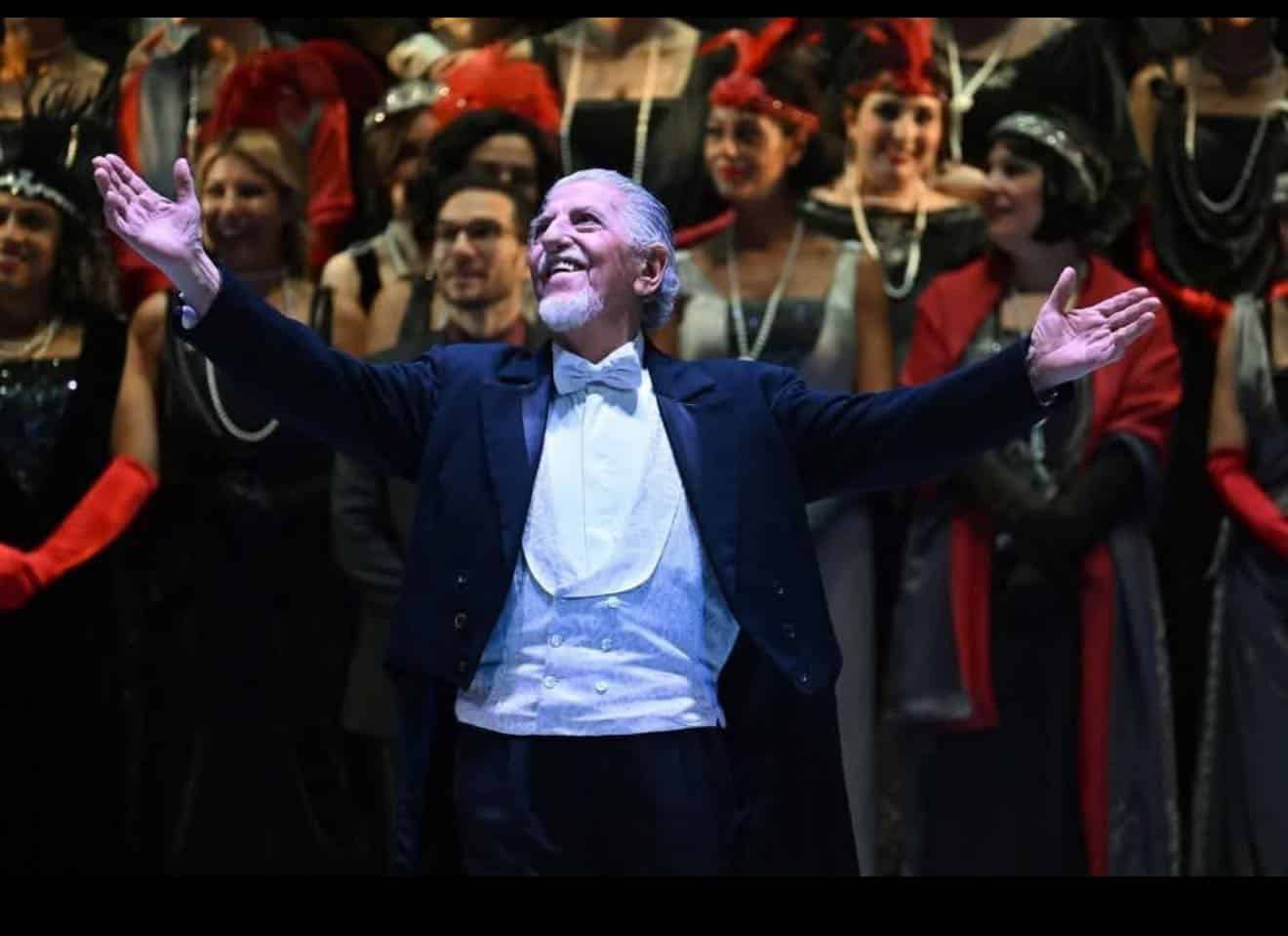
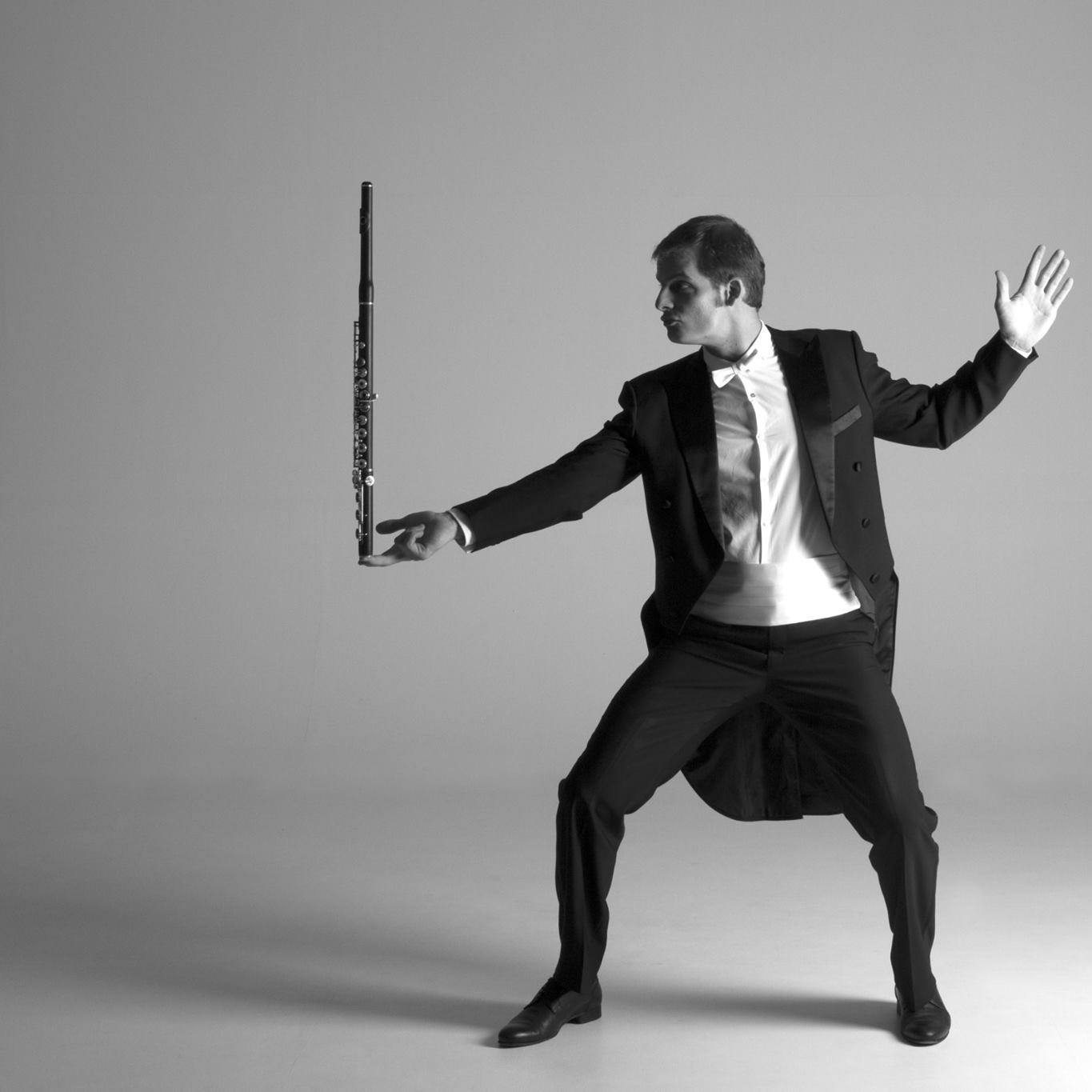
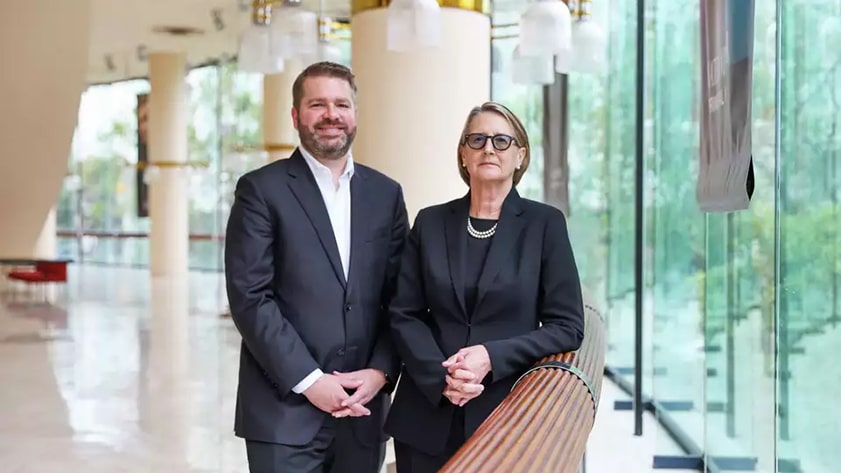
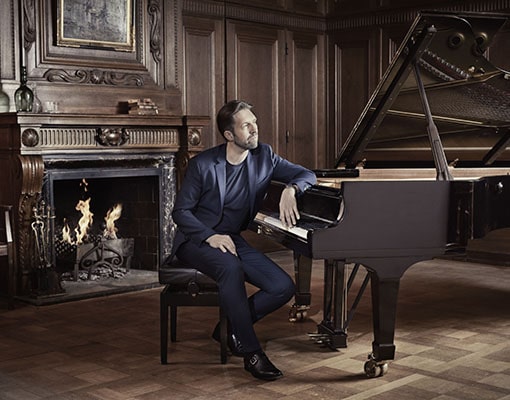
Comments